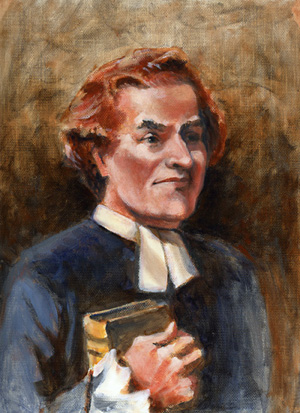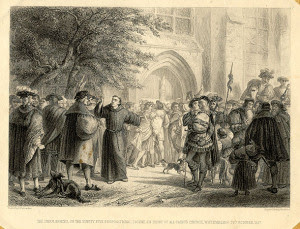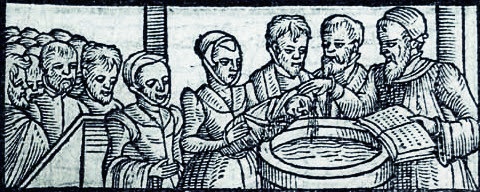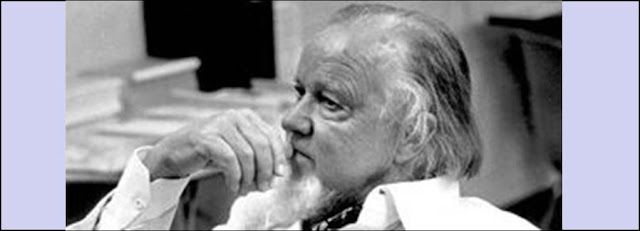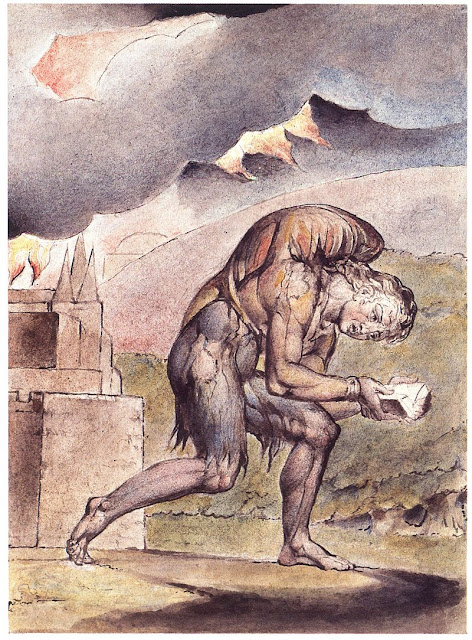Posts
Showing posts from 2018
Our Need of the Ever New, Unbegun Beginning
- Get link
- Other Apps
Grace Gems: Overcoming the world!
- Get link
- Other Apps
Rev. David Silversides: How should we worship God?
- Get link
- Other Apps
GI Williamson: Is Christmas Scriptural?
- Get link
- Other Apps
Resources On Christmas, Advent, And The Church Calendar
- Get link
- Other Apps
THE SERMON THAT LANDED FRANCIS MAKEMIE IN JAIL
- Get link
- Other Apps
The Curse of Using Carnal Methods for God's Work
- Get link
- Other Apps
Calvinism: A Message for the Lost
- Get link
- Other Apps
The Bondage of the Will - Proved by the Testimony of Scripture
- Get link
- Other Apps
The Bondage of the Will - Proved in the Life of Erasmus
- Get link
- Other Apps
FRANCIS A. SCHAEFFER: BAPTISM (Infant Baptism - Conclusion)
- Get link
- Other Apps
FRANCIS A. SCHAEFFER: BAPTISM (INFANT BAPTISM - Baptistic Arguments)
- Get link
- Other Apps
FRANCIS A. SCHAEFFER: BAPTISM (INFANT BAPTISM - New Testament Practice and Church History)
- Get link
- Other Apps
FRANCIS A. SCHAEFFER: BAPTISM (INFANT BAPTISM - Sign Applied to Infants)
- Get link
- Other Apps
FRANCIS A. SCHAEFFER: BAPTISM (Infant Baptism - Unity of the Covenant)
- Get link
- Other Apps
FRANCIS A. SCHAEFFER: BAPTISM (IMMERSION)
- Get link
- Other Apps
Francis A. Schaeffer: Baptism (Introduction)
- Get link
- Other Apps
What Do We Mean By Sacrament, Sign, And Seal?
- Get link
- Other Apps
INFANT BAPTISM IN CHURCH HISTORY
- Get link
- Other Apps
Devotional: The Lord My Burden-Bearer
- Get link
- Other Apps








